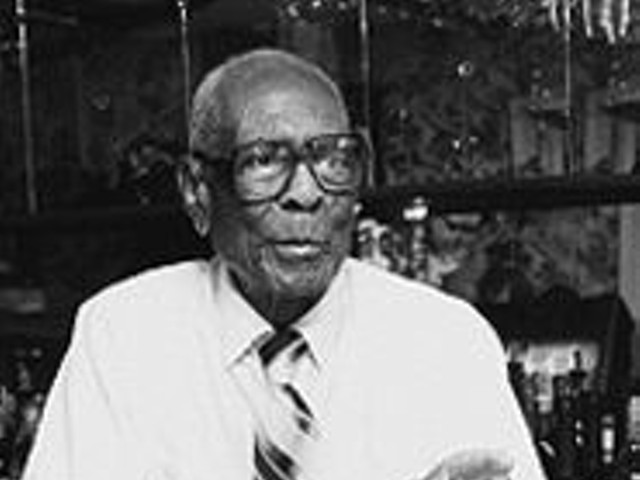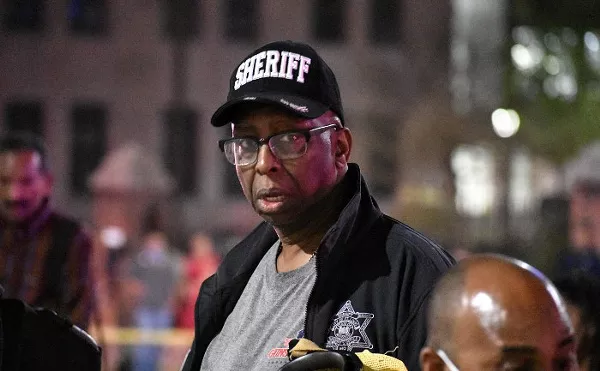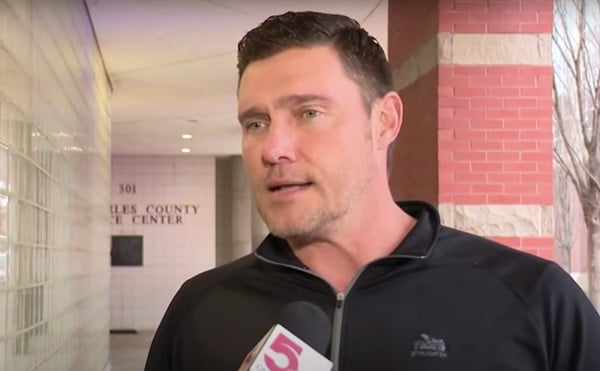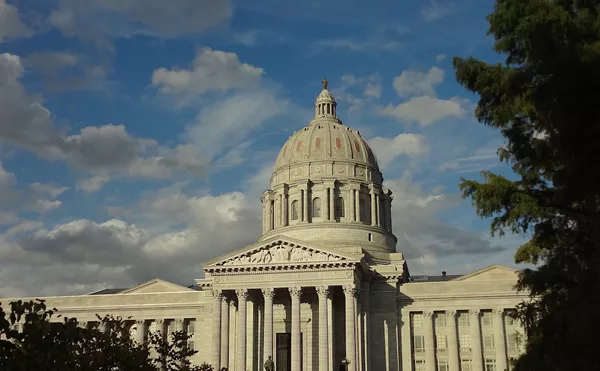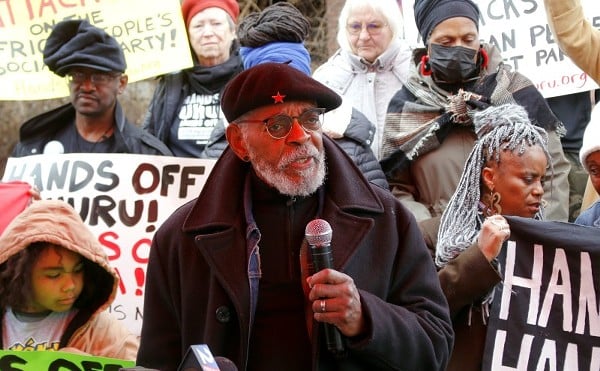Those who did get through the front door -- mostly reporters, photographers and local dignitaries -- now sit sipping coffee, picking lint and reading every sign on every wall around them as they wait.
By 8:35 a.m., Bush is 10 minutes late for the press conference called by Bush for President Inc., a campaign operation that is collecting and spending more money than any other in history. Contributions are already nudging $75 million, according to the Federal Election Commission, with much of the campaign money -- about $20.5 million in the last year -- going to pay for television, radio, staging, lighting and sound.
Today, the campaign's leading man, skimmed from the top of the Republican gentry, will announce that people living "on the fringes of the middle class" should be able to rise above their situation when the cost of their health care decreases as a result of his plan.
Up until this week, Bush has never given a speech on the issue and has been about as eager to discuss it as he has been to discuss why Texas, the state he has governed since 1995, has a higher percentage of uninsured people than any other. But, as he told a similar crowd in a similar room at a similar press event in Cleveland the day before, his $42 billion "New Prosperity Initiative" will help fix the problem. "We will not nationalize our health-care system," Bush said in Cleveland. "We will promote individual choice. We will rely on private insurance."
At 8:45, the Secret Service man in front of the walk-in-procedure sign starts whispering into the back of his wrist.
"He's got a microphone in there," says a local TV producer who has been here since 6 a.m. and can recite, word for word, the walk-in procedures: "Walk-ins must sign the walk-in sheet.... Walk-ins will been seen according to the severity of illness...." The producer can also close his eyes and remember the two phrases repeated over and over on the banner laced up behind the podium where Bush will someday speak: "A Reformer with Results" and "Opportunity."
The New Prosperity Initiative that Bush will talk about in front of the banner includes a $2,000 tax credit toward the cost of privately purchased health insurance for families earning less than $30,000 and a $1,000 tax credit for individuals earning less than $15,000. Ever since his speech in Cleveland the day before, opponents of Bush's plan, including Ron Pollack, executive director of Families USA, have been pointing out that the average family group policy costs about $6,000 a year, so the proposal is "a trivial response to a serious problem."
"Notice how the Secret Service guys always keep their hands clasped in front of them?" the local producer asks at 9 a.m. "I wonder why that is."
Bush is also expected to tell this increasingly agitated audience of busy people who hate to wait that another part of the New Prosperity Initiative will funnel $3.6 billion toward the construction of 1,200 new community health centers like Grace Hill. With any luck, some in the media have said, a lot of those clinics will be built in Texas, where public-health-care spending has fallen from 45th in the country to 47th on Bush's watch.
Bush also wants to strengthen the national Children's Health Care Program (which provides $3 in federal funds for every $1 put up by the state). Why he wants to do that is unclear to health-care pundits, however, because he opposed taking full advantage of the program in Texas in 1999.
At 9:10 a.m., six white-coated physicians from the center walk into the waiting room and stand uncomfortably in the hot white lights of the television cameras. A sound man walks up to the podium. "Check one, two, three, four. Check one, two, three, four." The Secret Service men start feverishly whispering into their sleeves, and the reporters and local dignitaries sit up straighter in their chairs. "Here we go," the producer says. George W. Bush is in close range.
There's a hush, then a pandemonium of flashbulbs and applause as Bush slides into the waiting room through a side door. In front of him, Richard Gram, executive director of Grace Hill, leads the way to the podium. The six physicians maneuver themselves in front of the "Reformer with Results" and "Opportunity" banner, and Gram introduces the $75 million man.
Outside the clinic, local residents suspiciously eye the satellite vans, limousines and police cars parked on every corner. The $75 million taken in by Bush for President Inc. during the past year is 10,928 times more than what the U.S. Census Bureau says is the median household income in this neighborhood.
What the campaign spent on "media expenses" alone is twice as much as the Grace Hill Neighborhood Health Center's annual $10 million budget, which in 1999 provided primary health and dental care to more than 28,000 low-income and homeless people. For that matter, what the campaign spent on its credit-card service charges in February -- $9,704 -- is more than the average $6,863 pulled in each year by local households.
George W. Bush smiles, clears his throat and looks down at the papers in his hand.
"Thank you," he says, reading directly from the prepared speech. "It's a pleasure to be in St. Louis...."

